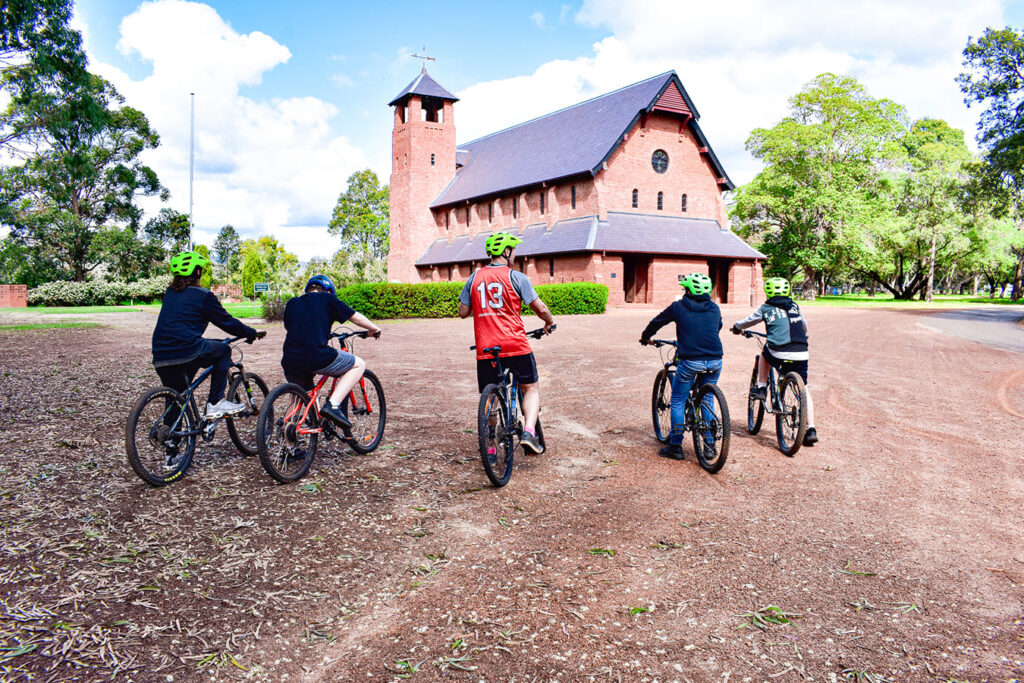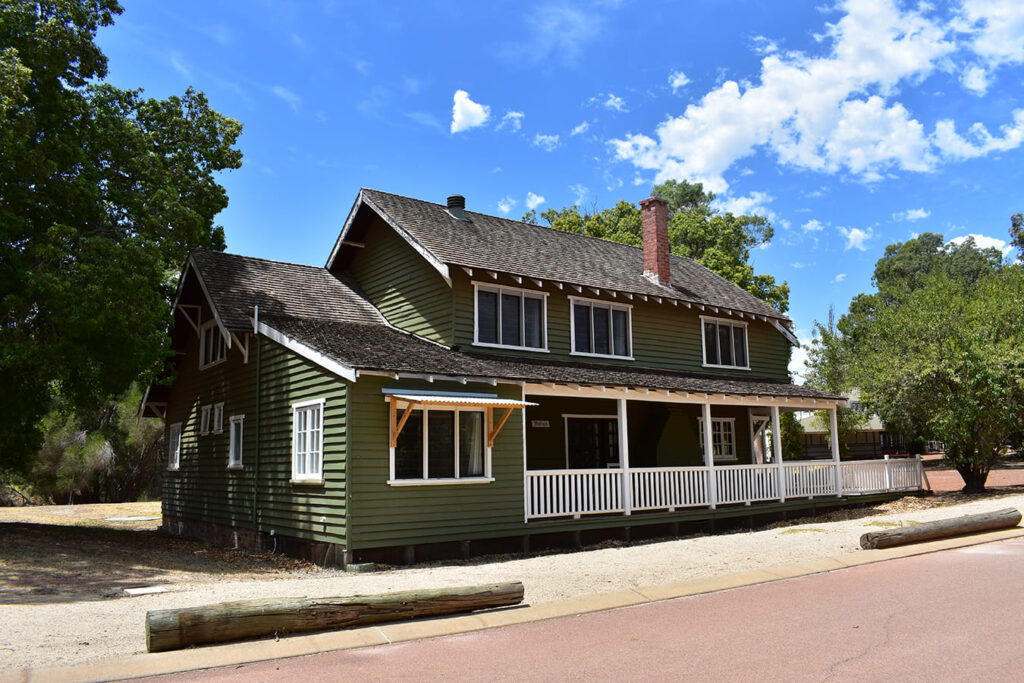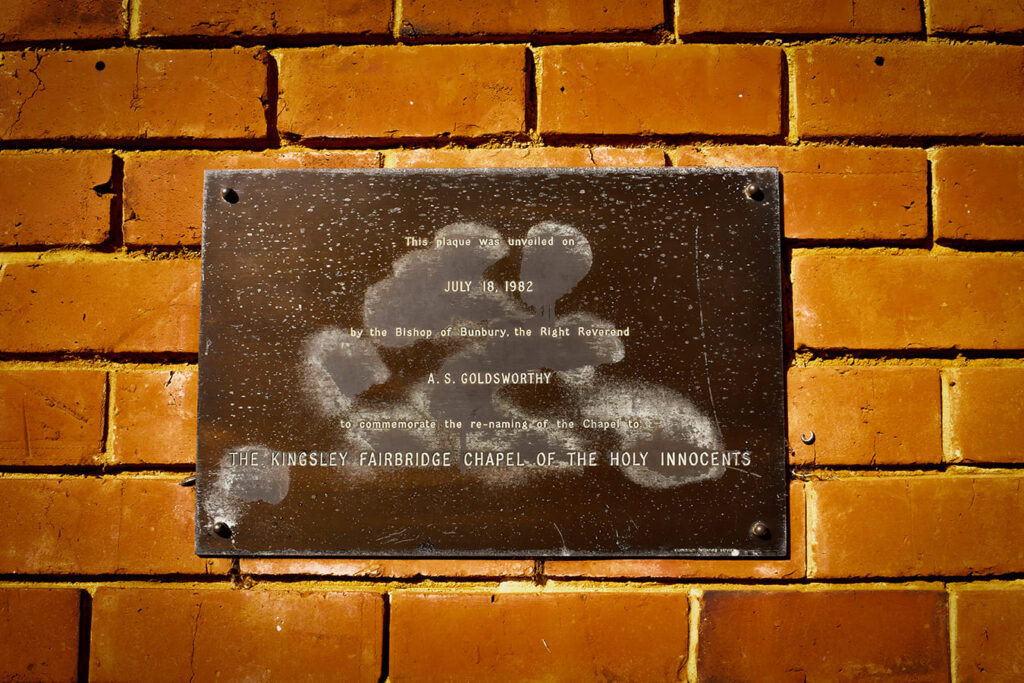
When it comes to selecting the right school for your children, many factors come into play. Among the most important considerations are the school’s values, teaching methods, and reputation. But one often overlooked aspect is the founder of the school.
Does the vision of the person who established the institution still influence its culture and education system today? For some, the founder’s legacy can be a deciding factor in choosing a school, particularly when it comes to long-established institutions.
Understanding the Legacy of School Founders
School founders often set the tone for the values and educational philosophies that continue to guide the institution for years, even decades, after their initial vision is realised. Whether intentional or not, a founder’s beliefs and principles can create a lasting impression on the school’s culture and approach to education.
A founder’s vision can influence several key elements:
- Mission and Values: The founding principles of a school often reflect the beliefs and values of the founder. These can shape the culture, ethos, and day-to-day activities at the school.
- Community Focus: Some schools may have been built to serve specific communities or groups, and this connection to a particular social or geographic area can remain a core part of the school’s identity.
- Educational Approach: Many founders were educators themselves and sought to create schools that reflected their own teaching philosophies, which can continue to shape curriculums and pedagogical approaches.
In some cases, these influences are so strong that even after the founder has passed away, the school may still emphasise their original mission, adapting it to modern times but still holding on to the core values.

Fairbridge Village and the Legacy of Kingsley Fairbridge
Fairbridge Village in Pinjarra, Western Australia, is a prime example of how the legacy of a founder continues to impact the identity of a school and its community. Founded by Kingsley Fairbridge, an Englishman with a vision to provide better opportunities for disadvantaged children, Fairbridge Village is built on the premise of offering children a safe, nurturing, and educational environment.
Kingsley Fairbridge’s philosophy was rooted in his belief that every child deserved a chance to thrive and reach their full potential, regardless of their background. He established the village as a place where children could grow up in a supportive and holistic environment, receiving not only education but also opportunities for personal growth, physical activity, and social development.
This vision is still very much alive in the ethos of Fairbridge College and its surrounding community today. The principles laid out by Kingsley Fairbridge have influenced the village’s focus on community-building, nurturing relationships, and providing opportunities for all students to succeed.
Focus on Holistic Development
Fairbridge’s legacy is not only about academic achievement but also about developing well-rounded individuals. Today, the school places a strong emphasis on fostering personal development through a combination of academic learning, extracurricular activities, and community involvement.
Kingsley Fairbridge believed in giving children a well-rounded education that included practical skills and emotional growth. His legacy lives on in the modern curriculum, which balances traditional academic learning with hands-on experiences, such as outdoor education and leadership programs.
The Importance of a Founder’s Vision in School Culture
A founder’s influence can often be seen in the culture and atmosphere of the school. For example, a school with a founder like Kingsley Fairbridge, who was passionate about creating a community-focused environment, is likely to emphasise teamwork, inclusivity, and social responsibility.
In the case of Fairbridge Village, the sense of community is woven into the fabric of the school. It is a place where staff, students, and families work together toward common goals, and the history of the founder has created a culture of care, empathy, and mutual respect.
Lasting Impact on Educational Philosophy
The educational philosophy set by the founder is also crucial. Kingsley Fairbridge’s focus on practical, experiential learning and the development of the “whole child” continues to resonate in the school’s approach. This philosophy influences how teachers interact with students, how subjects are taught, and even the types of facilities provided.
Parents who value these principles may feel more connected to a school that honours the founder’s original intent. In this sense, the founder’s influence is more than just symbolic; it affects the day-to-day educational experience.

Does the Founder Still Matter Today?
While it’s clear that the founder’s influence can be significant, it’s also important to recognise that schools evolve over time. Educational needs, societal expectations, and teaching methods change, and schools must adapt accordingly.
That said, the founder’s legacy often persists, providing a stable foundation on which the school can continue to grow. For instance, while Fairbridge College may have evolved in terms of curriculum and technology, its commitment to providing a nurturing and community-driven educational environment remains as strong as ever.
Conclusion: The Founder’s Role in Education Decisions
The founder of a school can have a lasting impact on its culture, educational philosophy, and the experience students receive. The vision and values set forth by the founder can create a strong identity that continues to guide the school today, providing a stable foundation for future generations.










